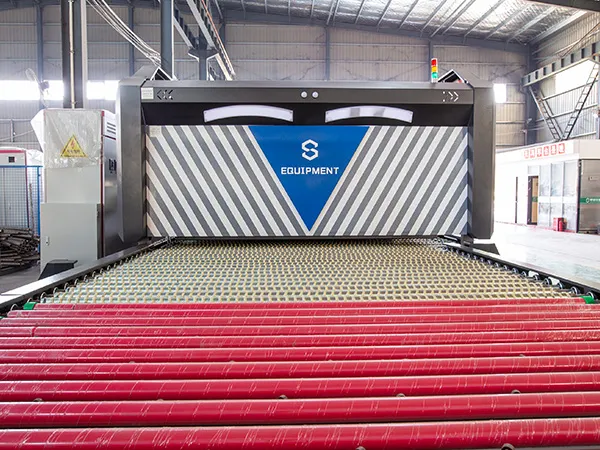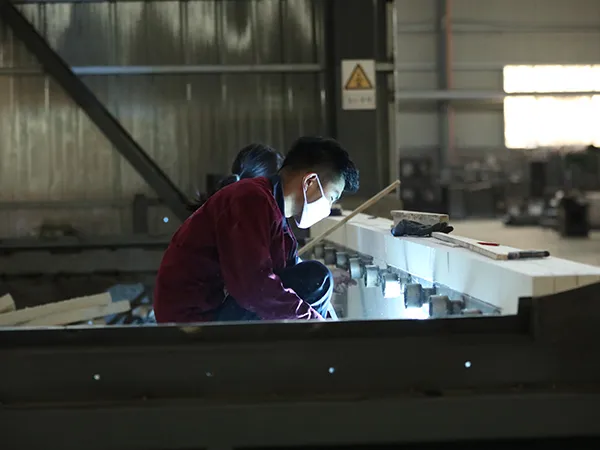Tempering furnaces are used in heat treatment processes to modify the properties of materials, typically metals, after they have been quenched (hardened) to adjust their hardness, ductility, and strength. There are several types of tempering furnaces, each designed for specific tempering needs, production volumes, and heating capabilities.
Tempering Furnace Type

1. Batch Tempering Furnace
Descripción: A batch tempering furnace is designed to heat a batch of parts all at once. The workpieces are placed in a furnace chamber, heated to the desired temperature, held for a specific time, and then cooled.
Aplicaciones: Used for tempering a variety of small to medium-sized batches of parts, typically in industries like automotive, aeroespacial, and tool manufacturing.
Características clave:
Simple and versatile
Suitable for low to medium production volumes
Can have electric or gas heating
Limitaciones: Less efficient for high-volume production compared to continuous furnaces.
2. Continuous Tempering Furnace
Descripción: A continuous tempering furnace allows parts to move through the heating and cooling sections of the furnace on a conveyor or roller system. The furnace is designed for continuous processing.
Aplicaciones: Used for high-volume production, particularly in industries that require the mass tempering of parts, such as automotive or large-scale manufacturing.
Características clave:
High throughput for large-scale production
Can provide uniform temperature distribution
Often equipped with automated controls and conveyors
Limitaciones: Higher initial investment and maintenance costs compared to batch furnaces.
3. Pit Tempering Furnace (or Forge Furnace)
Descripción: This type of furnace is typically used for larger, heavier workpieces. It’s a vertical furnace where parts are placed in a pit and heated, often used for special tempering processes.
Aplicaciones: Ideal for large or heavy parts such as those in the forging, construction equipment, or power generation industries.
Características clave:
Heavy-duty, suited for larger parts
Can handle high temperatures
Often used for specialized, low-volume processes
Limitaciones: Less common for small- to medium-sized production runs.

4. Electric Resistance Tempering Furnace
Descripción: In these furnaces, electric heating elements (usually made of resistance wire or coils) heat the chamber. The temperature is controlled by adjusting the electrical current passing through the heating elements.
…
For more detailed information about glass tempering furnace types, por favor haga clic aquí: https://www.shencglass.com/en/a/news/glass-tempering-furnace-type.html


